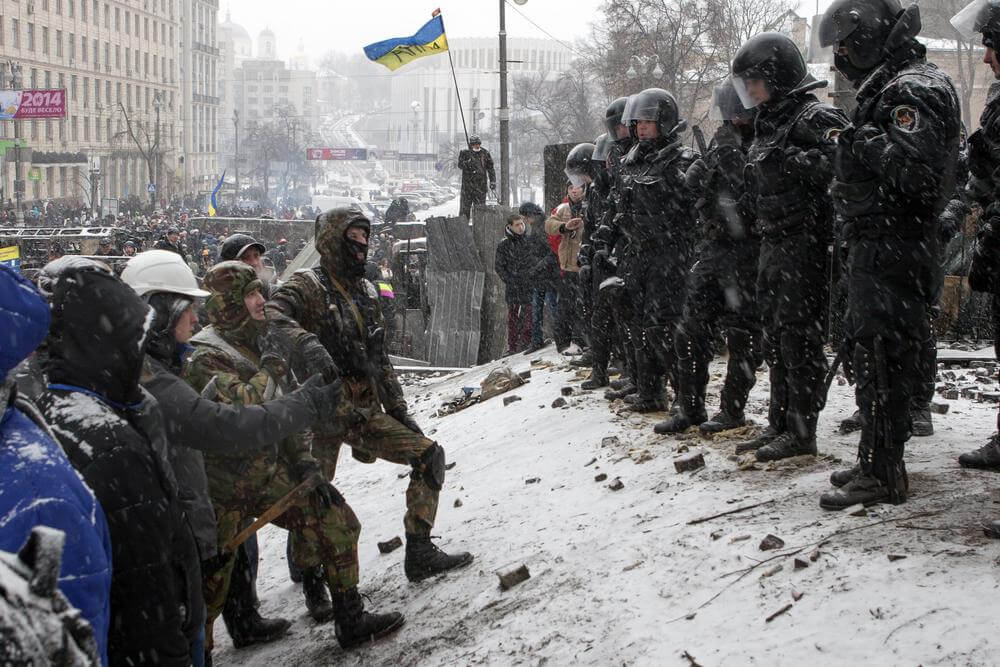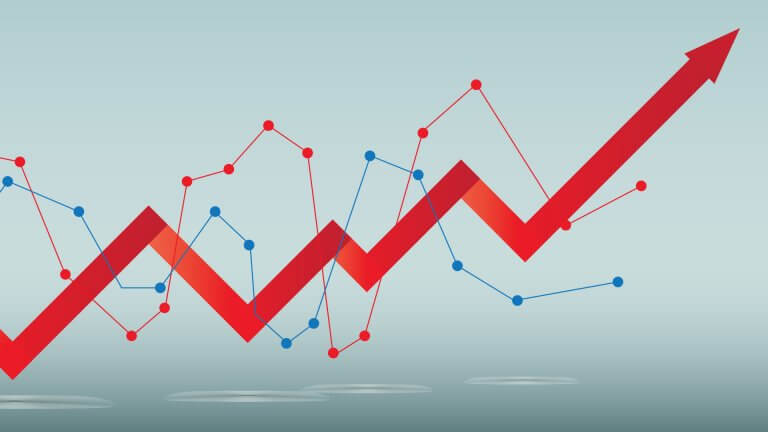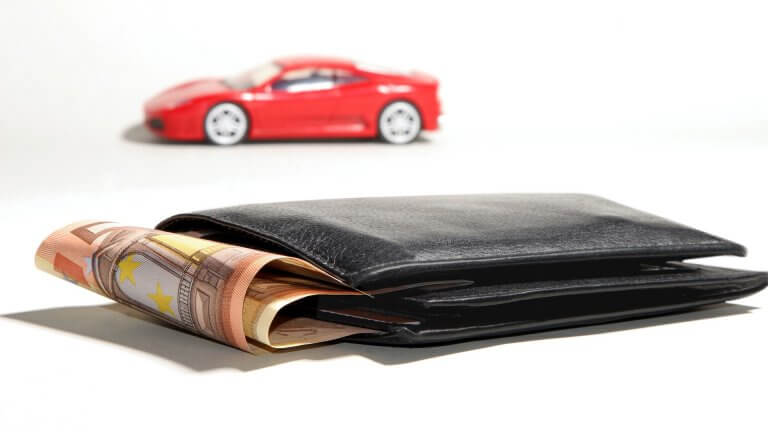In addition to souring relations between Russia, Europe and the United States, further escalation of Russia’s engagement in Ukraine could cost Russia more than 3 percent in GDP in real terms or USD115 billion in current dollar terms on average in 2015, according to global information company IHS.
The conflict could also exacerbate recessionary pressures, and lead to a reduction in European real GDP of about 0.15 percent overall.
Russia’s economy, already likely in recession, will dampen further in the face of a deteriorating political situation; tougher sanctions; falling investor confidence; and a business climate worsened by fears of retaliation against western companies that produce in or sell to Russia, according to the IHS scenario.
A severe slowdown of Russia’s economy in the second half of 2014 and continuing into 2015 would lead to a reduction in European real GDP growth by about 0.15 percent overall, but with large variations between countries, the IHS study says. Most affected would be traditional machinery and equipment and chemical products’ exporters such as the Netherlands, Belgium and Germany. Also impacted would be Italy and Spain, as would countries highly dependent on Russian imports, such as Finland.
Additionally, non-European economies stand to suffer from the slowdown. Among these are Argentina, Australia and Brazil, who would suffer from lower world demand for their commodity and manufactured exports, triggering spill-over effects on their own trading partners in Asia and Latin America.
IHS economists developed the scenario in response to heightened tensions brought about by Russia’s annexation of Crimea and its ongoing dispute with Ukraine following the ouster of Ukraine’s president and scheduling of new elections in May.
IHS Chief Economist Nariman Behravesh said: “While Russia could end up paying a very heavy economic price for its annexation of Crimea and its ongoing conflict with Ukraine, the negative impacts on other parts of the world, notably Europe, will also be hard to avoid.”
























